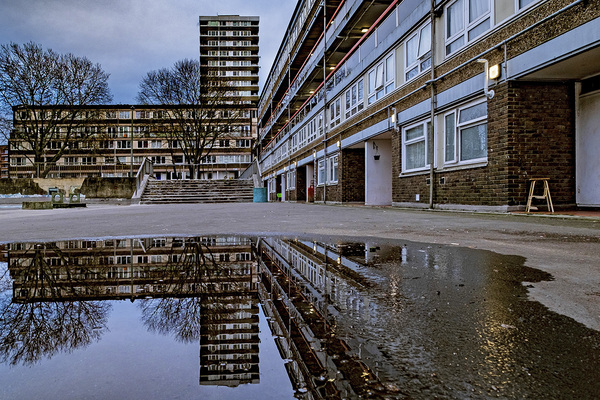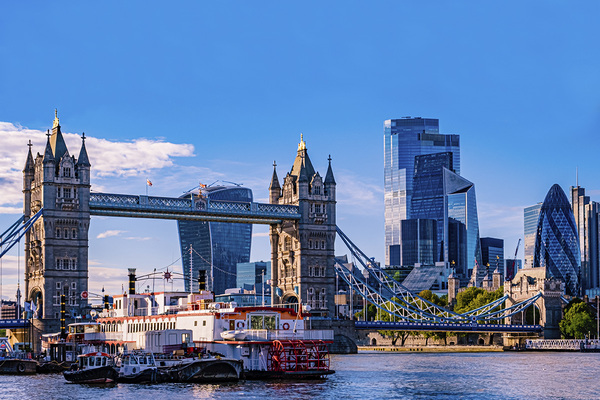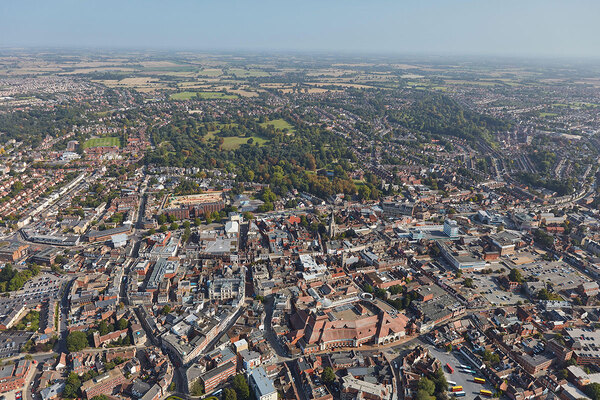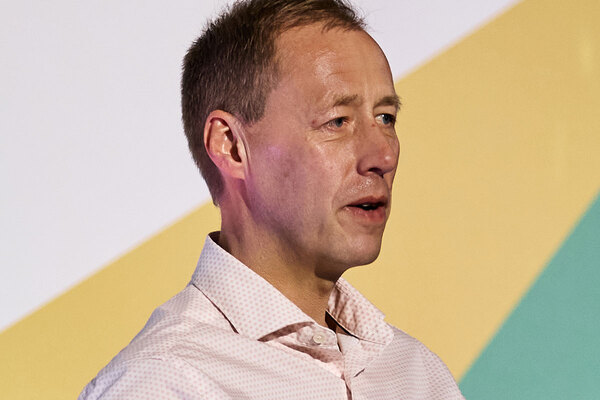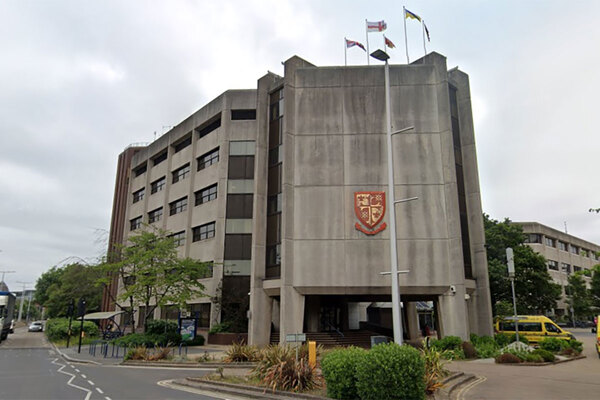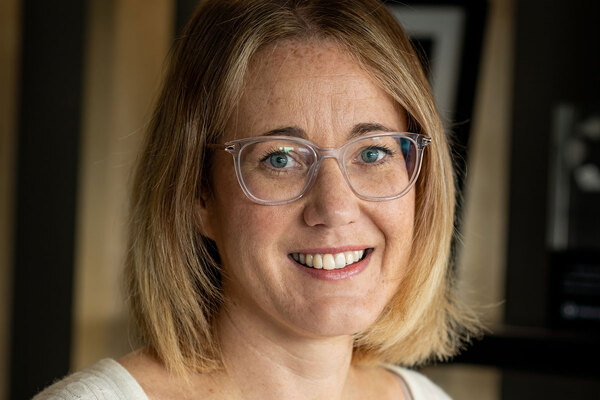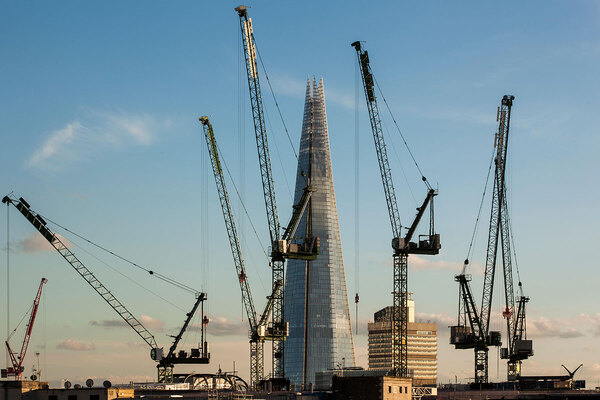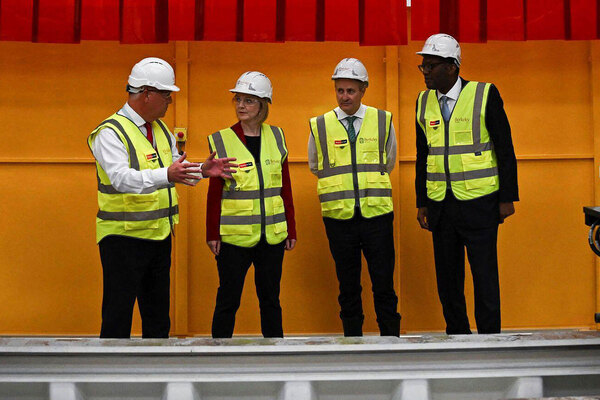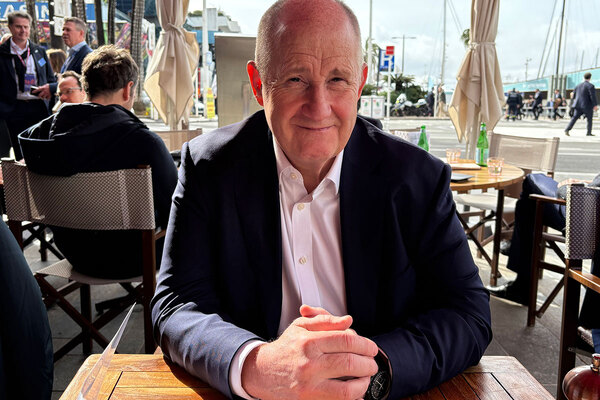Nick Bano: ‘Britain shouldn’t build more social homes until Right to Buy is scrapped’
Nick Bano, barrister and author of Against Landlords, says he has inadvertently come across as the ultimate nimby. He explains to Hannah Rashbass why he believes there is little point laying more bricks until the law changes
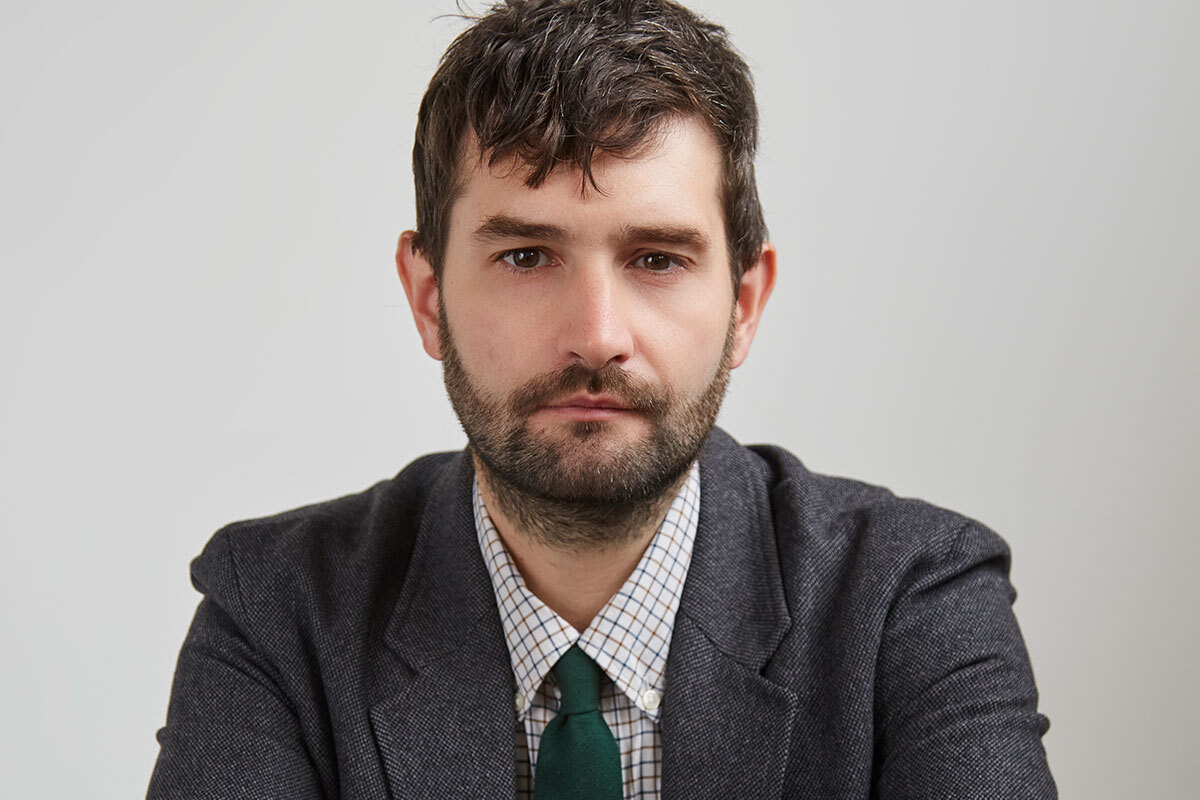
When barrister and author Nick Bano released his book Against Landlords earlier this year, it proved controversial across the political spectrum.
The Institute of Economic Affairs, a right-wing thinktank, posted a blog referring to Mr Bano and his supporters as “edgy Maoist rebels”.
On the other side, Michael Walker, a contributing editor at Novara, a left-wing media organisation, argued strongly against the central tenet of Mr Bano’s book: that private landlordism, rather than supply, is the source of Britain’s housing woes.
But Mr Bano did not set out to be a provocateur, he tells Inside Housing as he sips his iced latte at Nine Bars Coffee in Holborn.
He speaks softly. “I’ve been surprised where the controversy has come from,” he admits. “I obviously knew people wouldn’t like it. But I didn’t think that large, high-level, right-wing thinktanks would take me seriously. I thought they would ignore it. I think what’s really interesting is that they genuinely do feel threatened by this.”
The argument that has caused such controversy is that private landlordism, rather than housing supply, has resulted in the housing crisis in Britain. Mr Bano says the Right to Buy scheme and deregulation of the private rental sector in the 1980s have resulted in a proliferation of private landlords.
There are now 2.5 million of them – one in 21 of the population – receiving a combined £63bn per year in rent. This has resulted in the extortionate housing costs faced by people in Britain today, he argues.
Although Mr Bano spends his time representing homeless people, residential occupiers and destitute households in court, the book’s arguments followed from the cases he was unable to take on.
“We only do cases that are eligible to be funded, and private rented cases almost never are, because you can almost never win, so I hardly ever represent private renters,” he explains.
“There is no defence to their evictions and normally no point bringing disrepair claims, because private landlords will just evict you for trying.
“It pissed me off that the law was such an ineffective tool in regard to the private rented sector.”
But even for someone who argues in court for a living, presenting his arguments to the court of public opinion has been a revealing experience.
“I’m only just realising how all this works, but I think some of my statements on building have probably been a bit more strident than my actual views are. They’ve been a bit provocative or they’ve been misinterpreted,” he says.
He wrote an article in The Guardian before the book was published, summarising his arguments. “I didn’t say we must never lay a single brick as long as we live. We need to keep up with population growth.
“When it came out, I found that I was playing the role of the ultimate nimby, the platonic ideal of an anti-building guy, and in a way that serves a useful purpose. But it wasn’t what I set out to do.”
When it comes to social homes, Mr Bano argues that supply is an issue, but the solution is not necessarily building more.
“It depends what you mean by supply,” he says. “If the question is ‘do we need to build a lot more houses?’, the answer is probably ‘no’. If the question is ‘do we need a lot more social housing?’, the answer is ‘yes’.
“It’s not the same question, because you could easily repurpose housing into social housing.”
Mr Bano considers many social homes to be playing a different economic role thanks to Right to Buy and the ability of private landlords to make personal profit from homes that were built to be socially productive.
“The state paid for millions of homes in this city [London]. They paid for that once, then it was sold off at a discount. They paid for it again, then they’ve been paying it off in the form of housing benefits. Now they’re paying it off in the form of temporary accommodation rents.
“Soon they will pay for it again, in the form of acquiring back a lot of the old stock.
“Not only has the state spent many more times than it should have on these homes, but all of that money has simply been transferred to landlords.”
Mr Bano emphasises that, without landlordism, that money could have been reinvested in the quality of social housing or in public services.
“I found that I was playing the role of the ultimate nimby, the platonic ideal of an anti-building guy, and in a way that serves a useful purpose. But it wasn’t what I set out to do”
Even if more social homes were needed in Britain, as Inside Housing advocates, Mr Bano cannot see the point of laying more bricks until the legacy of Margaret Thatcher’s housing laws are undone.
“If I were running a nice council, I would not particularly want to build council housing,” he reflects. “We can see that newly built social houses in Norwich are being sold off after just a few years.
“Imagine the amount of public investment that has been put into that scheme, and it just gets sold off.
“While the Right to Buy still exists and while land prices are so high because of landlordism, it’s kind of impossible and makes no sense to build social housing.
“I don’t see how you can revive the social sector under current conditions.”
What does the barrister think of current social housing conditions, with the influx of private finance running the show?
“To get anything built now, you have to have a kind of unholy trinity of finance capital, social landlords and the local authority,” he says.
“It’d be a lot better if that didn’t have to happen, if the local authority could just build directly or build in partnership with a housing association. But because of landlordism, the only realistic way of doing it is by bringing finance capital and wealth extraction into the mix.
“I wish it didn’t have to happen. It’s a manifestation of what happens when you don’t abolish landlordism. It’s a necessary consequence of a housing system that’s rooted in ever-rising costs and human misery.”
For Mr Bano, even the problems housing associations face can be traced back to landlordism. He cites the report into Croydon Council a couple of years ago which found that its repairs department was 50% understaffed.
“To fix Croydon, you’d have to hire twice as many people. So you need twice as many wages, which means twice as many rent bills being paid.
“If you are a housing officer in Croydon, your rent is going to be your biggest item of expenditure. So, ultimately, your landlord is what’s preventing Croydon Council from hiring more people to carry out repairs.”
Mr Bano is clear that the reforms he is calling for aren’t going to bring about an “ideal world”, because “it’s a book about capitalism and not a book about transcending capitalism”.
“If we were to achieve the reforms I’m asking for, you would have many more homeowners and you’d have many more social renters and no private landlords.”
Mr Bano is about to speak at the final event of his book tour, but emphasises that even after his moment in the spotlight, he’s not about to run away from law.
“They talk about 15 minutes of fame. I’m at 14-and-a-half minutes. So I’ve got to go back to my real job quite soon.”
Sign up for our daily newsletter
Already have an account? Click here to manage your newsletters


